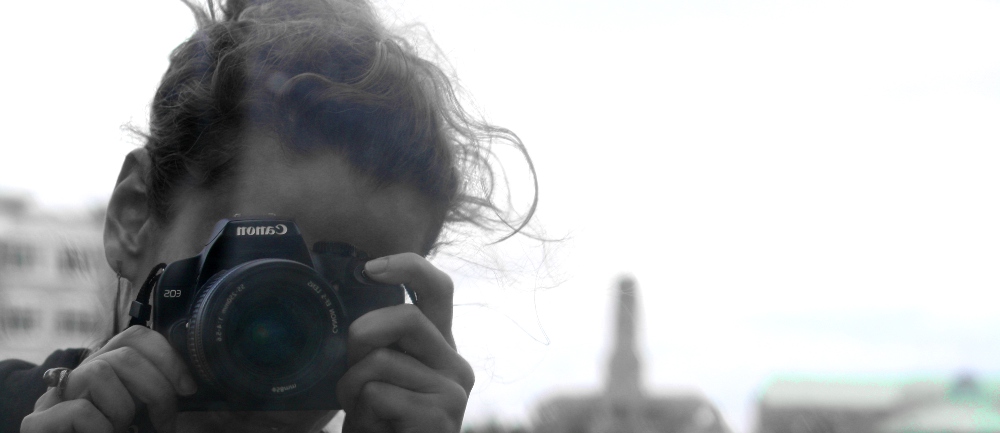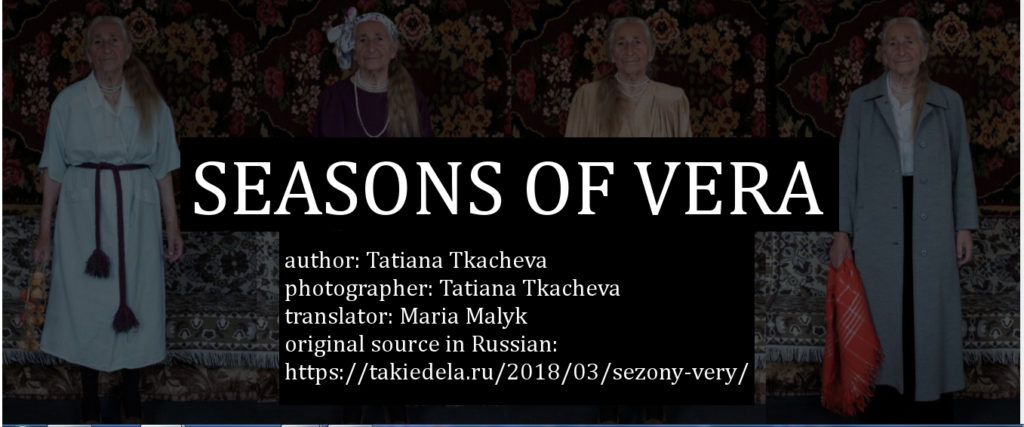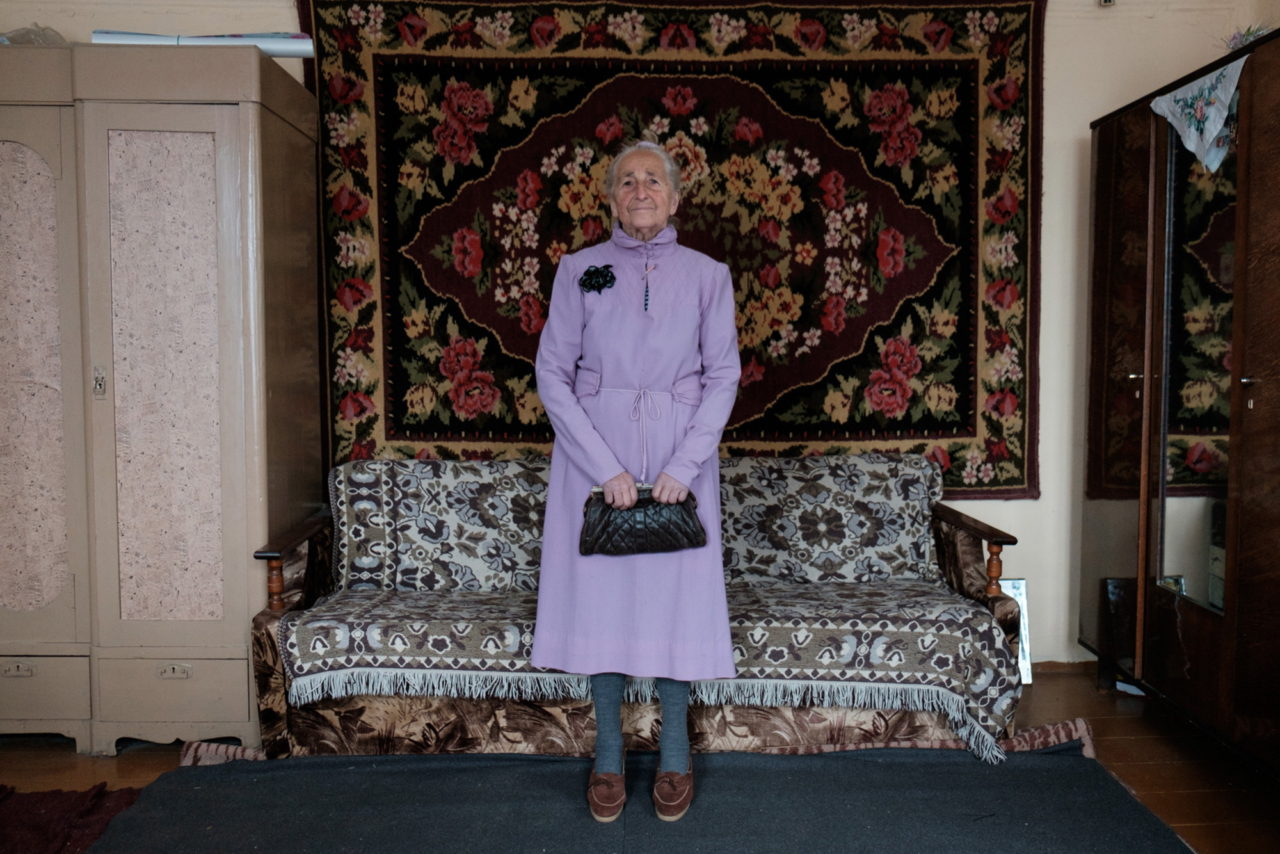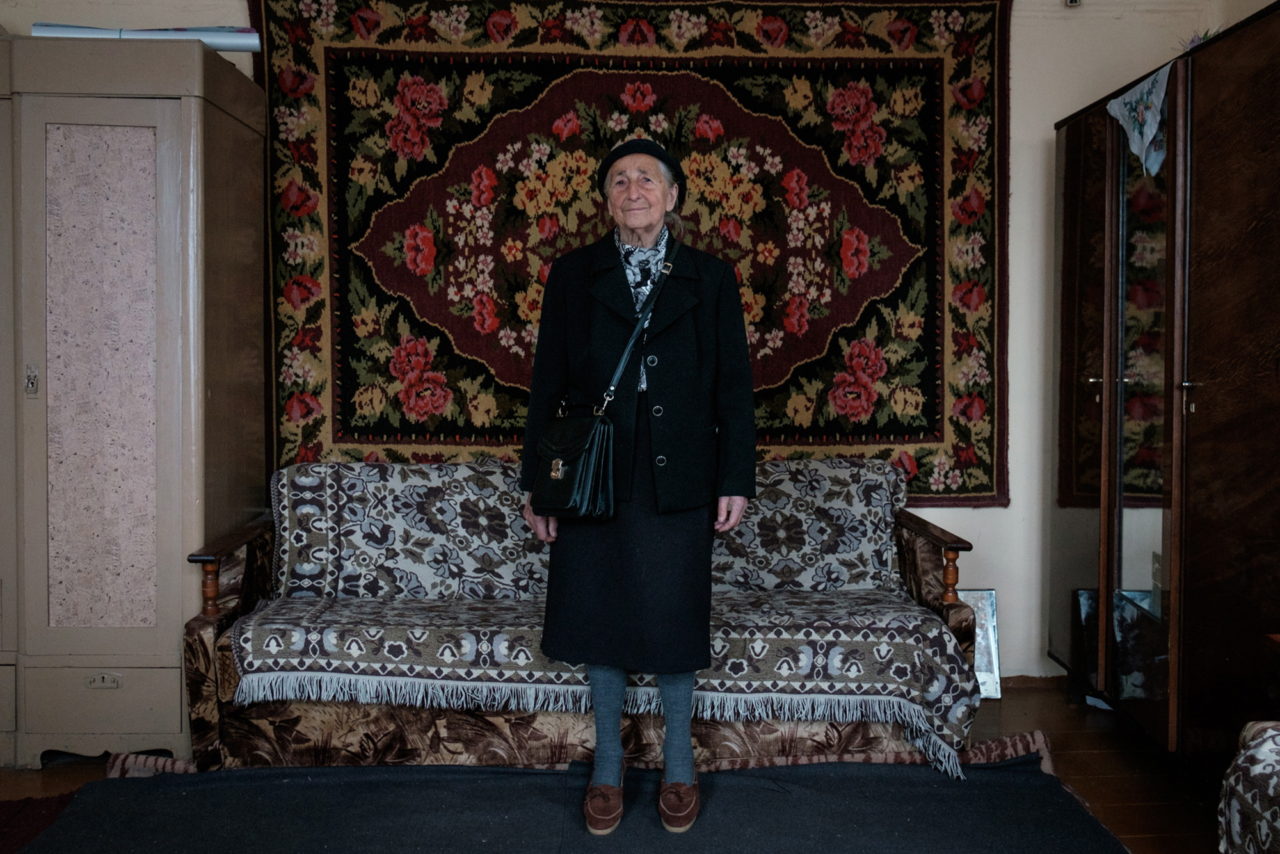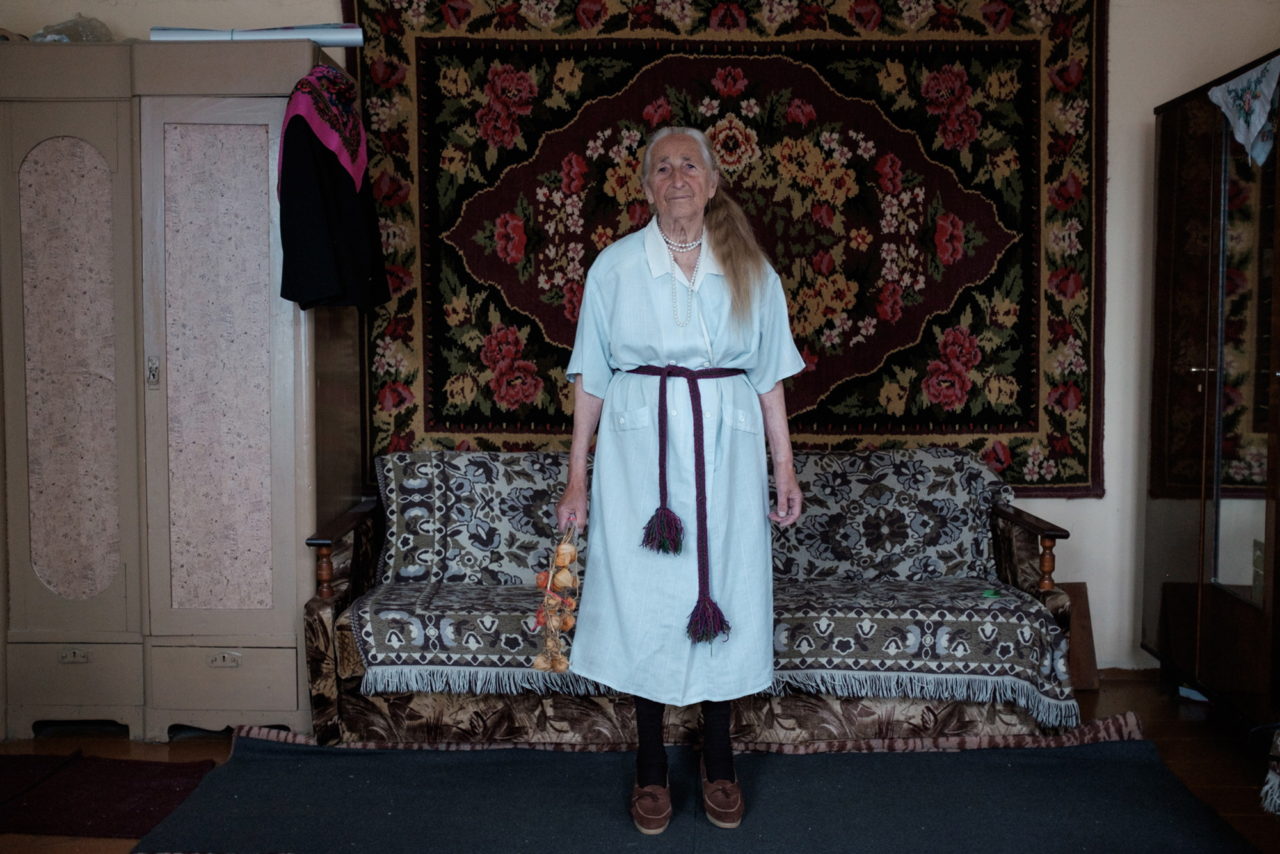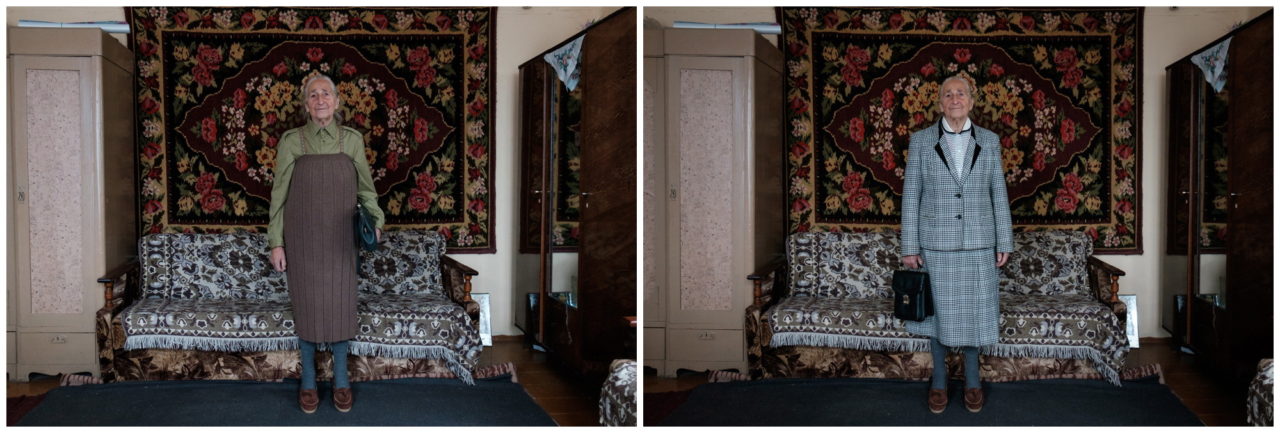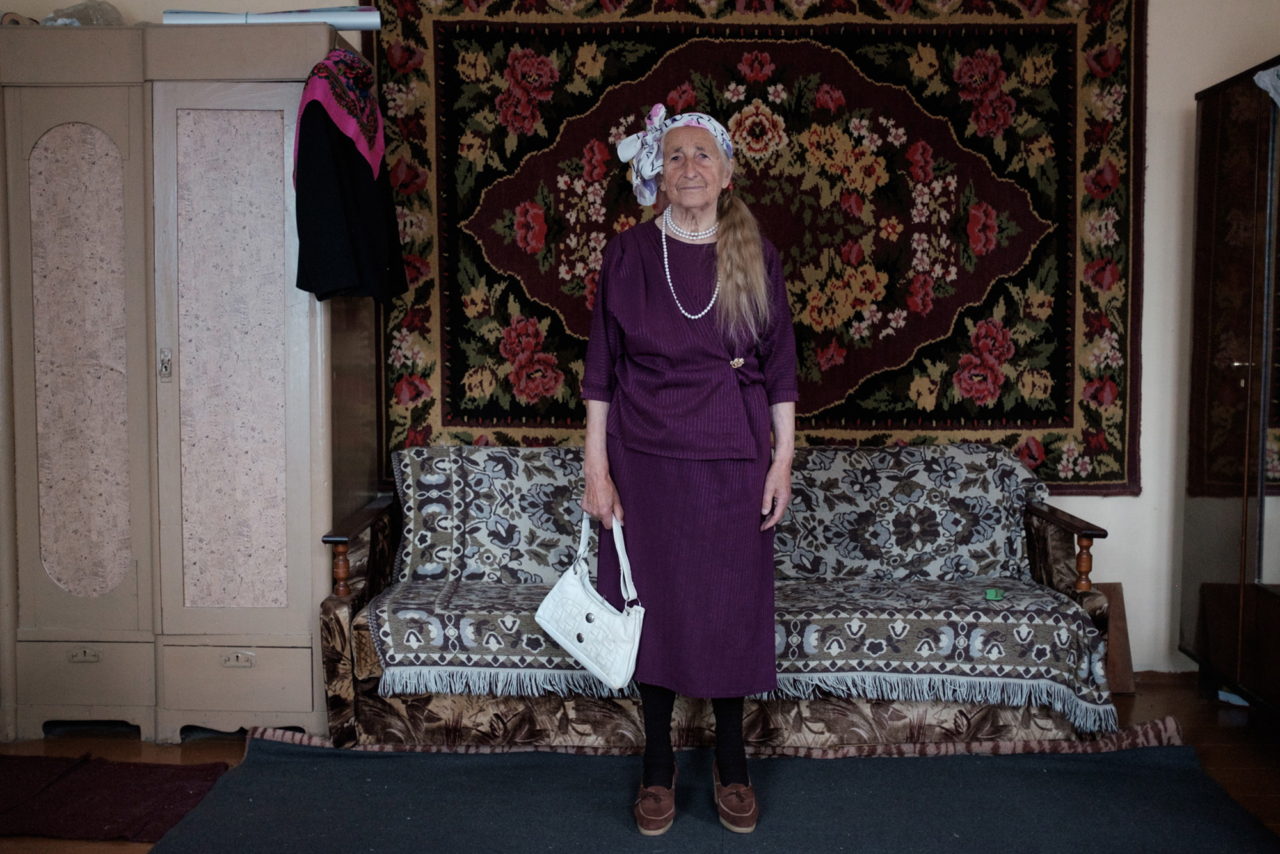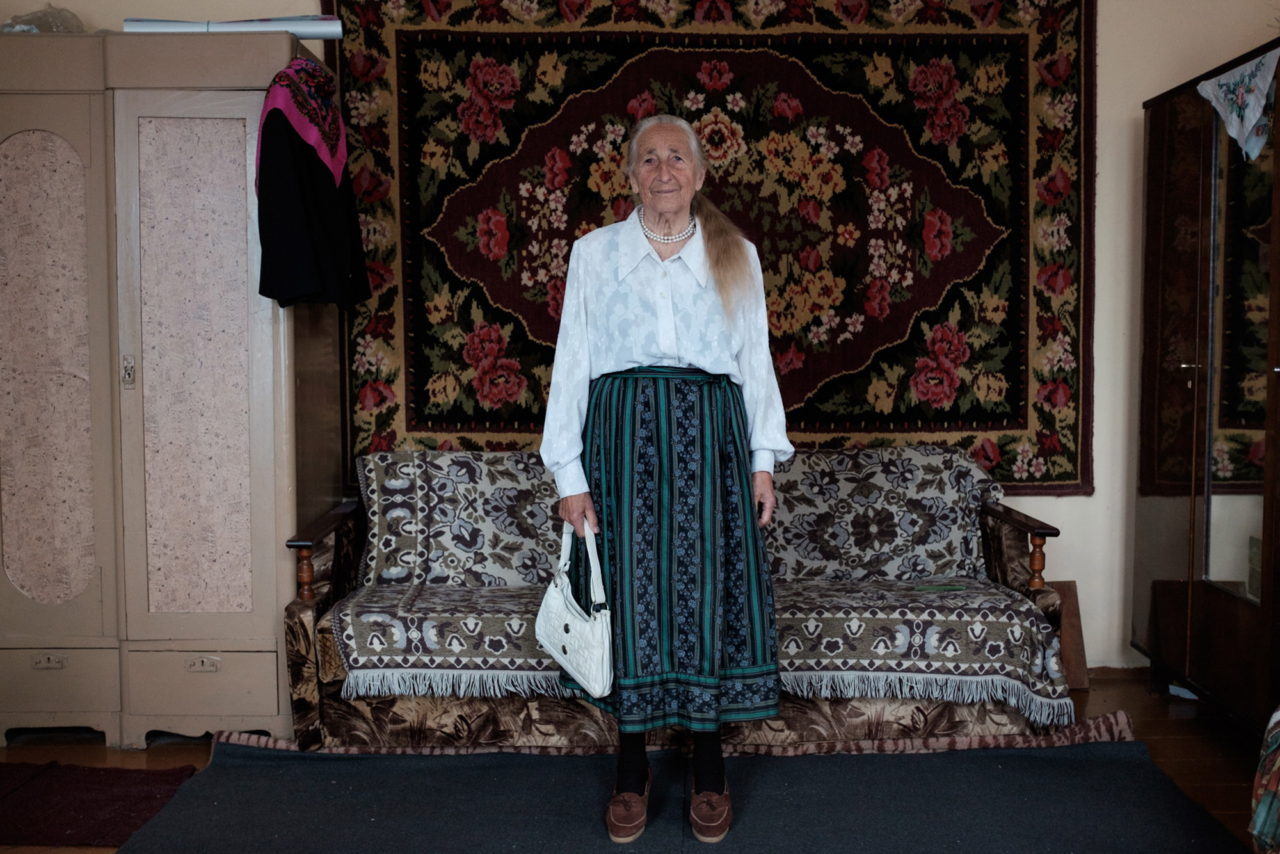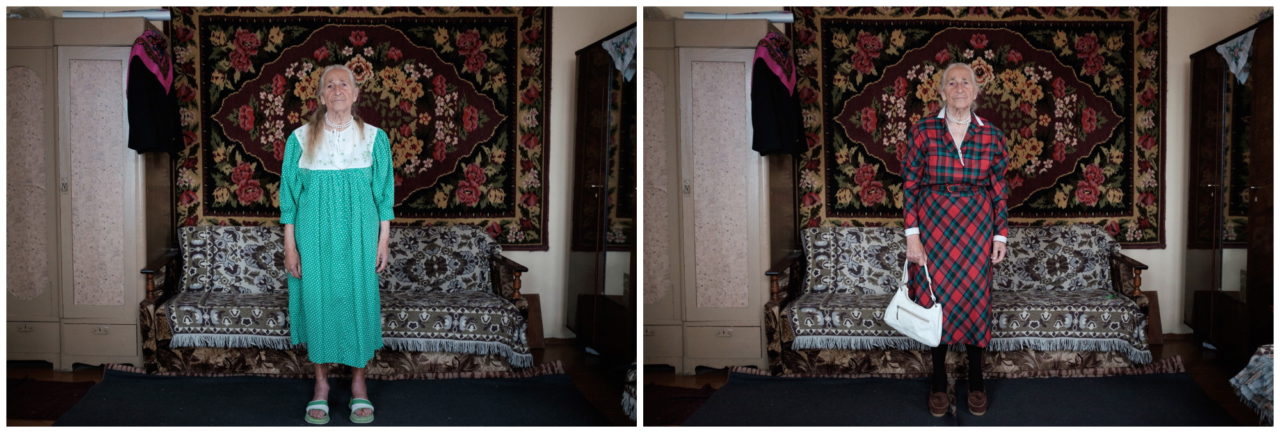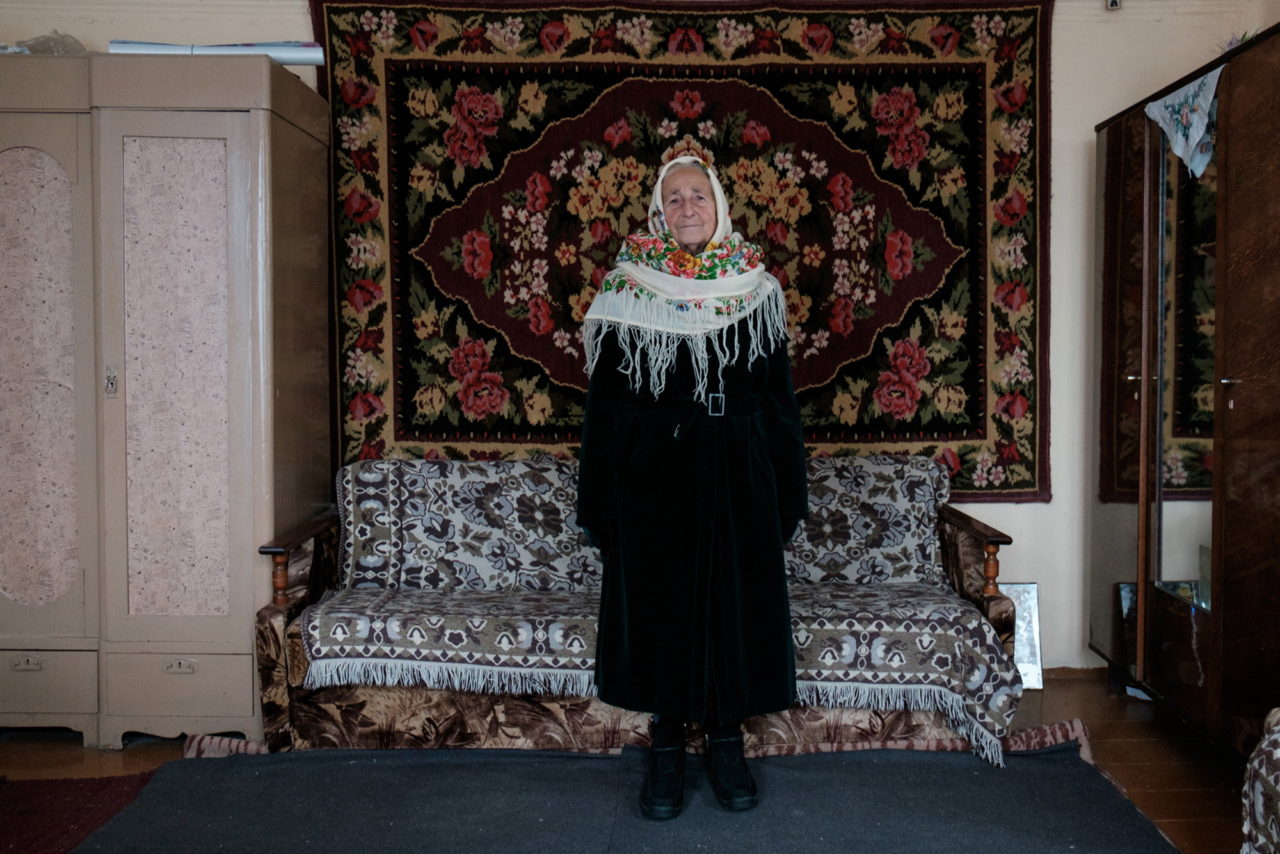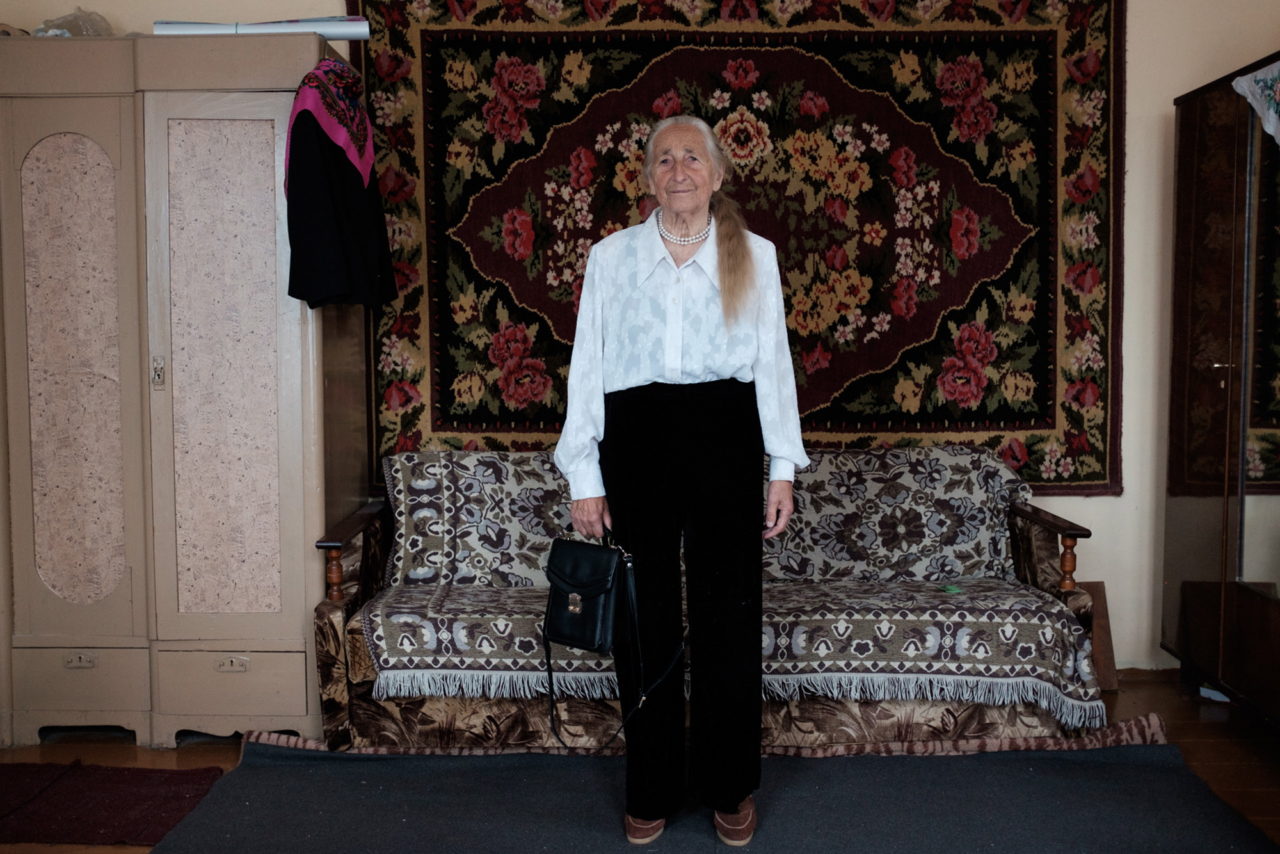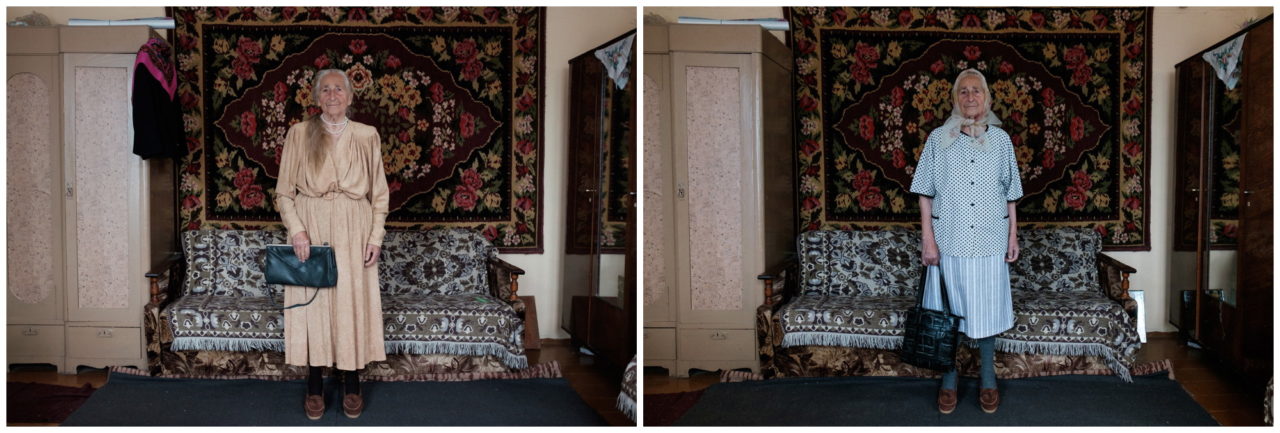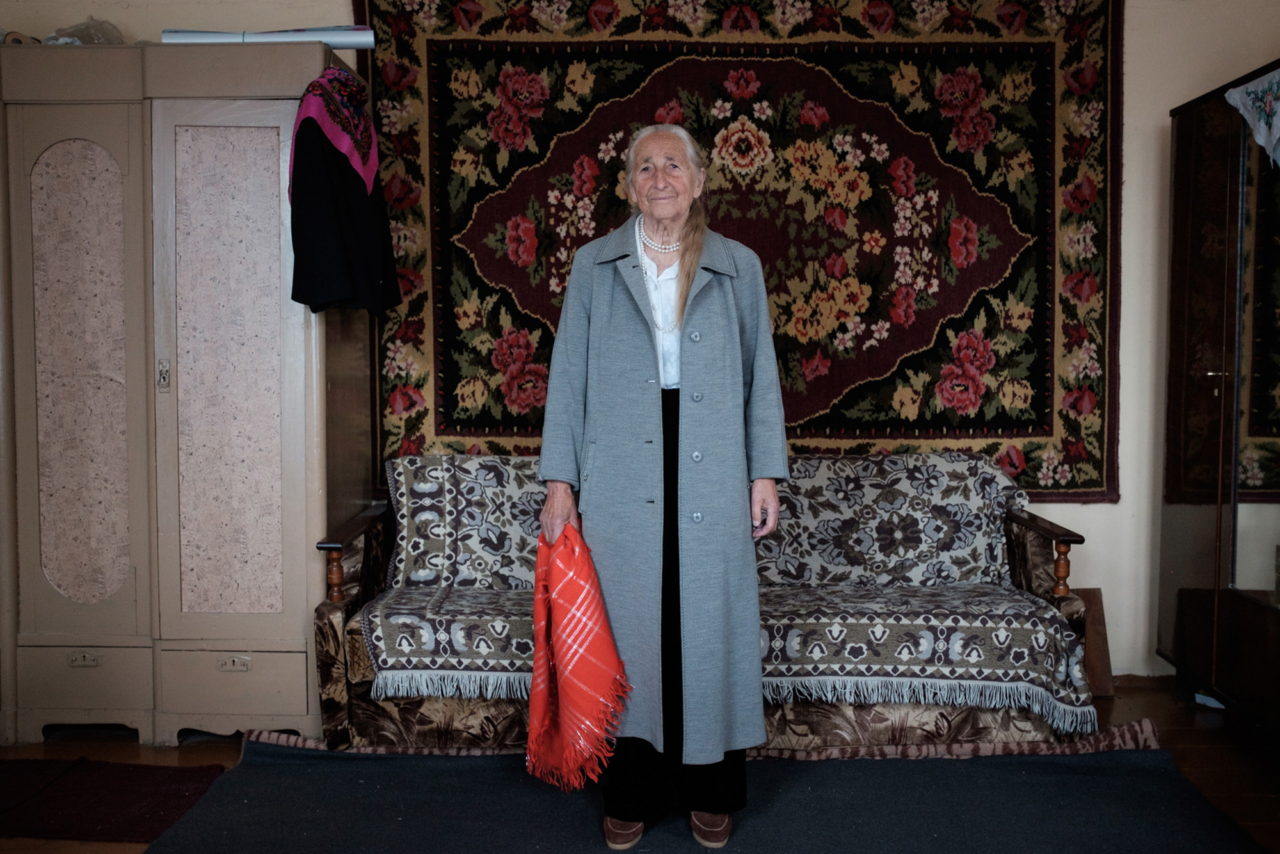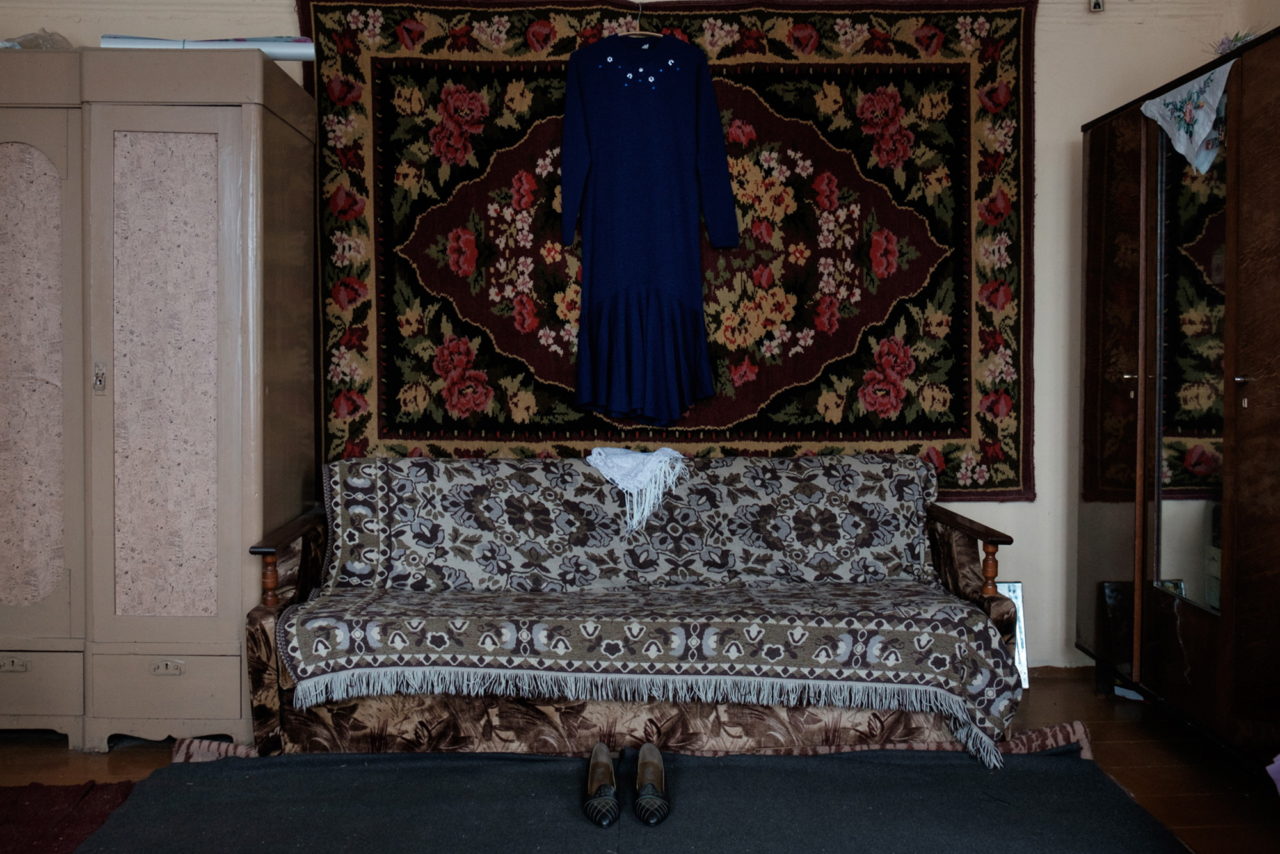Following the events in Belarus over August and now into September 2020 has been a shocking and awe-inspiring experience. “Shocking” because of the deadly, unlawful protester suppression measures taken by Belarus’ first and only President Alexander Lukashenko when the overwhelming majority of the nation took issue with him hijacking the presidency for the sixth term in a row. “Awe-inspiring” because the Belarusian people are continuously showing the world new levels of fearlessness, resilience, unity and peacefulness in the face of draconian silencing and violent repressions.
Though it’s been nothing but indignation-provoking bad news from Belarus, the latest propaganda stunt by the besieged dictator and his cabinet is so transparently a hoax that it had me belly-LOL-ing at my screen as if it were a comedy sketch.
I am referring to the minute-long “spy conversation” audio released to the Belarusian public, purporting to expose European conspiring against Russia by falsifying information about Alexei Navalny’s poisoning case.
On Septermber 4th, 2020, one day after Lukashenko brought up this “intercepted call” in a televised conversation, the Belarusian state-owned ONT TV Channel ran a story “debunking” Navalny’s poisoning and offering the audio recording as proof of intelligence tampering. The muffled audio is originally carried out in heavily-accented English, drowned out by Russian dubbing. We get to listen in on a dialogue between a “Nik” in Berlin, Germany and a “Mike” in Warsaw, Poland – alluding to their plan of feeding the German Chancellor Angela Merkel’s office false intelligence about the Alexei Navalny’s poisoning case – as a means of sticking it to Putin.
The context: on August 20th, the prominent Russian presidential hopeful and longtime Putin opposition activist Alexei Navalny succumbed to a sudden painful illness and lost consciousness on a Moscow-bound airplane after having been served tea at the Omsk airport. In a lucky turn that quite possibly saved his life, Navalny’ aircraft was rerouted to the city of Tomsk instead of the nation’s capital. There, he was rushed to a hospital, though it quickly became obvious that the medical staff was instructed to keep everyone in the dark about the politician’s condition.
Somehow, after several days of international attention, concern and outrage, Navalny was released from the Tomsk hospital and allowed to be flown to the Charité university hospital in Berlin, Germany. He remains there to this day, in a coma, though his condition is reportedly stabilizing (hang in there, Alexei!!!) After a thorough examination of the patient, the German medics concluded and announced that Navalny was, indeed, poisoned, and that the substance he ingested through the tea was the chemical agent “novichok” infamous for being used on Kremlin critics.
(Trivia bonus: “Novichok” translates from Russian as a diminutive term for someone who is a newcomer. The developers named it so because it was a brand new, extra-aggressive type of a military-grade poisonous substance and playfully calling it a “newbie” was the best they came up with…)
So, where does Belarus’ president-not-elect Lukashenko come in with all of this?
The vampiric autocrat is, no doubt, feeling salty these days, considering that the majority of his nation rejected him in no uncertain terms and with impressive mockery. And on his birthday too! After all he’s done for his country and those ingrates! From the way he has been acting, Lukashenko has clearly crossed over into the phase of his delusion of grandeur where “he doth protest too much” about how “chill” he is about his public image as a dull-witted tyrant.
And so, the sly old ferret known as “Europe’s Last Dictator” must have figured that he can suck up to Russia and do a little PR for himself in one sitting: by contriving an “intercepted” audio that, he would have us believe, shows a German and a Polish agent conspiring to convince the German Chancellor Angela Merkel that Navalny was poisoned – whereas, as Lukashenko wants us to believe, Navalny was not poisoned at all. Not even a teensy-weensy bit. He must be in a coma from a hangover or something.
For the sake of bringing this gem to a larger audience, I have translated the audio into English, so that English speakers can join in rejoicing in this little exchange between Nik and Mike. Caveat: the original conversation is happening in English with heavy German and Slavic accents – but it’s impossible to hear under the Russian dubbing, so I’ve translated it back into English from the Russian transcript. TA-DA:
You really don’t have to be an expert propaganda analyst to see through the arrogant and lazy “script-writing” effort here. In the short minute exchange, the characters manage to quite conspicuously state their intention to interfere with both, Russia and Belarus leadership, while brashly praising Lukashenko along the way for being “a tough nut to crack”.
The blockbuster-action-flick writing is so transparent that it feels like the whole Russian-speaking internet is having a genuinely wholesome laugh about it with almost child-like glee. Russian Twitter is aflutter with memes, puns and scores of alternative versions of the Berlin-Warsaw exchange with analogously absurd “natural” dialogue and “incidental” compliments to Lukashenko.
The modern world is full of tantrum-y dictators and we have gotten used to their formulaic, bombastic and baiting rhetoric of insults and lies being the “new normal” of political, public and media discourse. But then, along comes this little morsel of instant unintentional pop culture! Against the backdrop of insidious misinformation crafted by professional saboteurs bombarding us on the daily, this little Nik & Mike skit is just adorable. It’s not confusing. We don’t feel duped. We are amused, refreshed and almost thankful for this flash of pure fiction in the midst of a reality full of Machiavellian corruption and treason and crushed vocal chords and busted skulls…
So, thank you for the comedy, Belarusian Secret Service, I salute your choice of copywriter. It was either a first-year drama student, one of the actual thug-bureaucrats within the military “organs” or, as I like to imagine it, Mr. Alexander Lukashenko himself – improvising a gripping back-and-forth between secret agents. I can see it now:
Lukashenko: So, one of the spies is German and the other one is Polish, right? OK, so the German will be… ughh… Nik! And the Polish will be… ugghh… Mike!
Underling: Nik? And Mike? Sir??
Lukashenko: Yes, those are classic German and Polish names.
Underling: Are they, though, Sir?
Lukashenko: Why, what’s the problem? We can make the Polish spy Mik, if you want. Yeah, we’ll call them Nik and Mik! Eh??
Underling: Oh… Sir… Mike was great, Mike was perfect! Nik and Mike it is!
Lukashenko: I told you, moron! Alright, so what will make them sound like real people? I know. When Nik says the most sabotaging part of the script, he will start with: “Listen, Mike, there’s a war going on, all measures are good…” German agents are very persuasive. They talk like this.
Underling: Do they, though, Sir?
Lukashenko: You know what? Away to the firing squad with you. [underling is instantly hooded, kicked in a kidney and dragged away]. Wise guy. Now, back to Mike’s response to Nik… What does Mike say? WHAT DOES MIKE SAY?? I know! He says: “I agree.” Oh, man, this is gold!
***************************************************************************************************
